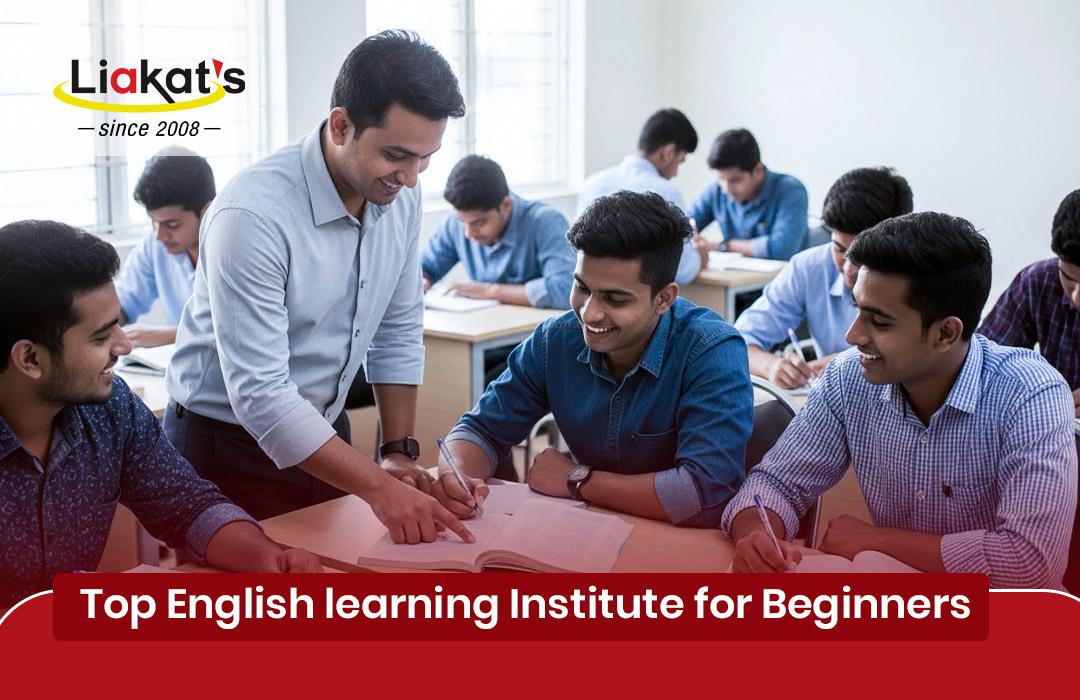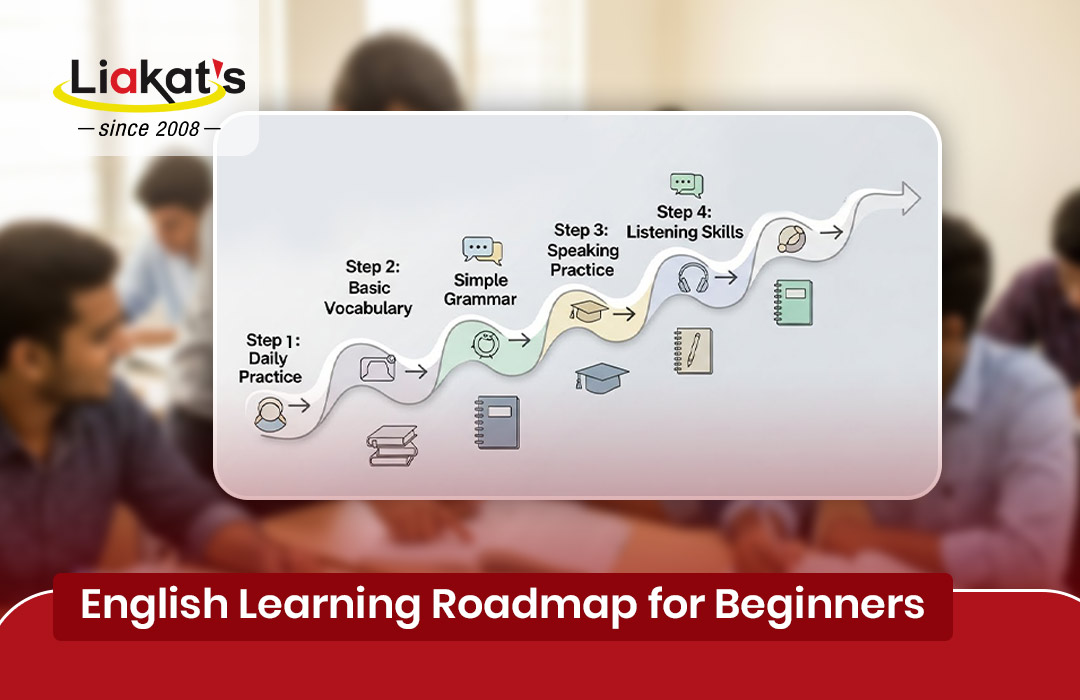Preparing for the IELTS exam can be a challenging task, especially the reading section. At LIAKATS, the best IELTS Coaching Center in Dhaka, we provide comprehensive IELTS Reading Practice to help you ace the test. In this blog post, we will explore the common types of IELTS reading questions you might encounter and provide you with effective strategies to tackle them. Whether you are just starting your preparation or looking to improve your score, this guide will be invaluable.
Overview of the IELTS Reading Section
The IELTS Reading section consists of 40 questions to be answered in 60 minutes. It includes three reading passages with a variety of question types. The passages are taken from books, journals, magazines, and newspapers. The IELTS Reading Practice at LIAKATS is designed to familiarize you with these passages and questions, enhancing your reading skills and boosting your confidence.
Common Types of IELTS Reading Questions
1. Multiple Choice Questions
Multiple choice questions test your ability to understand detailed information and main ideas in the text. You will be given a question and several answer choices, and you must select the correct one. To tackle these questions, carefully read the passage and identify keywords that match the options provided.
2. True/False/Not Given
These questions require you to determine whether statements are true, false, or not given based on the information in the passage. True means the statement agrees with the information, false means it contradicts the information, and not given means there is no information on the statement. Skim the passage to find relevant information and answer accurately.
3. Matching Headings
For matching headings questions, you will be given a list of headings and a passage with several paragraphs. Your task is to match each heading to the correct paragraph. Pay attention to the main idea of each paragraph and choose the heading that best summarizes it.
4. Sentence Completion
In sentence completion questions, you need to complete sentences with words or phrases from the passage. These questions test your understanding of specific details. Skim the passage for relevant information and fill in the blanks accurately.
5. Summary Completion
Summary completion questions involve filling in gaps in a summary of a part of the passage. You must use words from a provided list or the passage itself. These questions test your ability to understand and summarize information.
6. Matching Information
In matching information questions, you need to find specific information in different paragraphs or sections of the passage. You will be given a list of information and must match each piece to the correct part of the passage. Skim the passage and identify the location of the information quickly.
7. Matching Features
For matching features questions, you need to match information with a list of options. This could involve matching people to their statements, features to places, etc. Read the passage carefully and match the information accurately.
8. Matching Sentence Endings
These questions require you to match the beginning of a sentence with its correct ending. Understand the meaning of the sentence beginnings and endings and choose the one that completes the sentence logically.
9. Diagram Label Completion
Diagram label completion questions involve completing labels on a diagram based on information from the passage. Understand the diagram and locate the relevant information in the passage to complete the labels correctly.
10. Short Answer Questions
In short answer questions, you need to answer questions with words from the passage. These questions test your ability to locate and extract specific information. Skim the passage and write concise answers.
Tips for Effective IELTS Reading Practice
- Skim and Scan: Develop the skills of skimming and scanning to quickly find information in the passage.
- Time Management: Practice managing your time effectively to answer all questions within the time limit.
- Understand Question Types: Familiarize yourself with different question types and practice each one extensively.
- Improve Vocabulary: Enhance your vocabulary to better understand the passage and answer questions accurately.
- Regular Practice: Consistent practice is key to success. Use practice tests and exercises to hone your skills.
- Review and Reflect: After practice sessions, review your answers and understand your mistakes to avoid them in the future.
Why Choose LIAKATS for IELTS Reading Practice
At LIAKATS, we provide the best IELTS Reading Practice in Dhaka. Our experienced instructors use proven techniques and comprehensive study materials to prepare you for the IELTS exam. We offer personalized coaching, practice tests, and feedback to help you achieve your desired score. Our students consistently score high in the IELTS reading section, thanks to our structured and focused approach.
If you’re preparing for the IELTS, it’s essential to understand the format and requirements of each section. Our comprehensive guide on the IELTS Speaking Test Online in Bangladesh provides valuable insights and tips to help you excel.
Conclusion
Mastering the IELTS reading section requires practice, strategy, and guidance. At LIAKATS, we are committed to helping you excel in your IELTS Reading Practice. By understanding the common types of questions and applying effective strategies, you can boost your confidence and performance. Join us at LIAKATS, the best IELTS Coaching Center in Dhaka, and take the first step towards achieving your IELTS goals.





